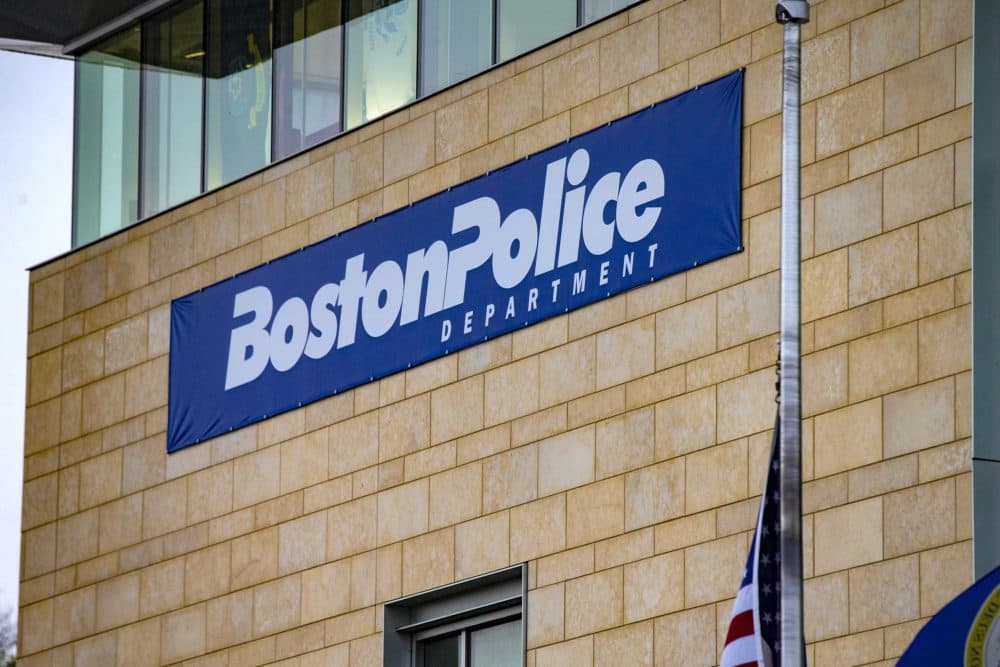Advertisement
Boston police defend purchase of surveillance equipment; councilors call for an end to the secrecy

Boston city councilors on Tuesday peppered leaders from the Boston Police Department with questions about their $627,000 purchase of controversial surveillance equipment using a hidden pot of money.
Councilor Julia Mejia demanded the hearing after she and other councilors said they first learned about the purchase in December, when WBUR asked about the transaction.
"The work of our city should not be conducted behind closed doors or without the approval of the voices of the people. This era of secrecy has to end," Mejia said.
The hearing follows an investigation by WBUR and ProPublica that revealed Boston police used the proceeds of civil asset forfeiture in 2019 to buy a cell site simulator, also known as a "stingray." The suitcase-sized device tracks real time cell phone use and location.
"This era of secrecy has to end."
Julia Mejia
The pool of money Boston police used to buy the equipment is comprised of assets and cash seized in connection with suspected crimes, and the funds are spent largely at the discretion of police chiefs.
During the hearing, Felipe Colon, a Boston Police superintendent, outlined several instances when the department used the technology in so-called exigent, or emergency, circumstances, which do not require a warrant.
Civil rights advocates say the warrantless use of the technology violates privacy laws.
Colon told councilors the device has saved lives, including suicidal individuals and victims of human trafficking.
"The value of this equipment, you can't put a price on it," he said. "We do have strict policies, strict guidelines as to when we deploy this technology."
However, BPD previously told WBUR that there were no guidelines for using the cell site simulator.
Advertisement
When councilors asked about policies to delete identifying cell phone information collected from bystanders who are not being targeted during an investigation, Colon admitted the department had none. He said BPD will formulate one.
Community and civil rights advocates also testified during the hearing. Fatema Ahmad, executive director of the Muslim Justice League, said the civil forfeiture system is ripe for abuse.
“People should be concerned about the fact that it is law enforcement seizing those assets and then it’s law enforcement spending those assets," said Ahmad.
Boston police said they report some spending to the federal government, but councilors asked for additional documentation.
This segment aired on March 22, 2022. The audio for this segment is not available.
